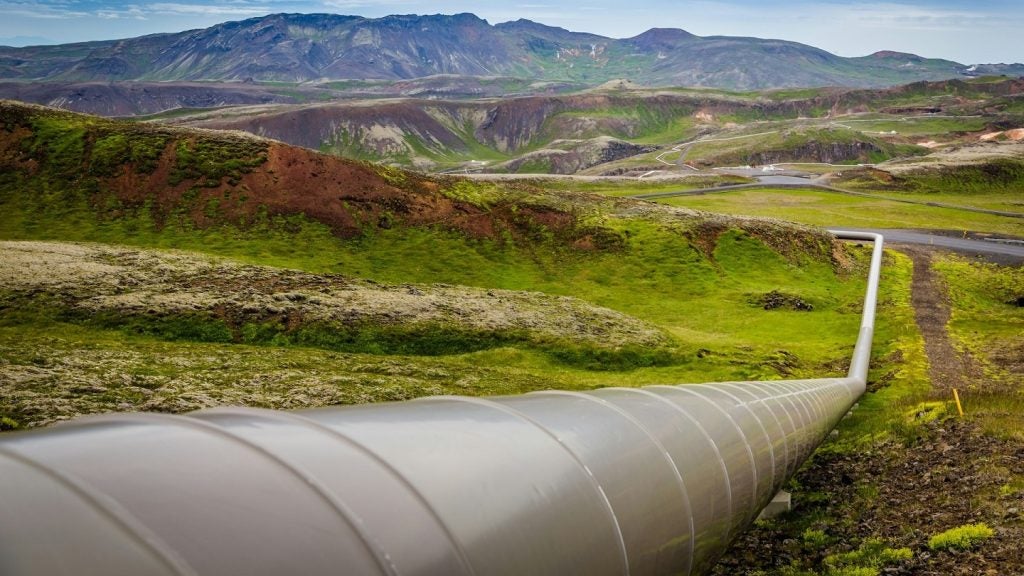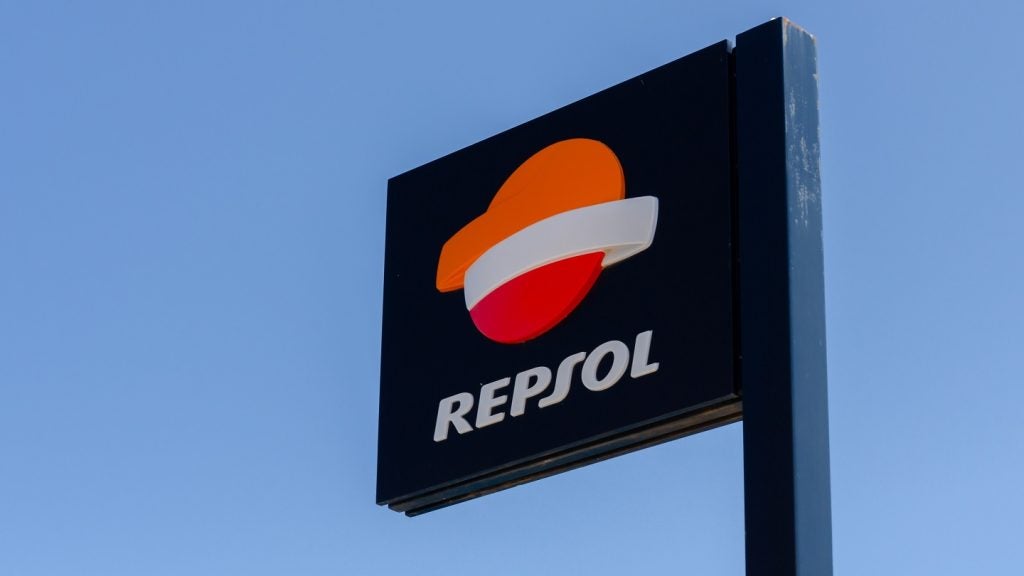
The EU Council has adopted new regulations for using renewable and low-carbon fuels to reduce carbon emissions in the maritime industry.
The new legislation will ensure that the greenhouse gas (GHG) intensity of fuels used by the shipping sector will gradually decrease over time, from 2% in 2025 to as much as 80% by 2050. The regulation will also include an incentive scheme for the uptake of renewable fuels of non-biological origin.
How well do you really know your competitors?
Access the most comprehensive Company Profiles on the market, powered by GlobalData. Save hours of research. Gain competitive edge.

Thank you!
Your download email will arrive shortly
Not ready to buy yet? Download a free sample
We are confident about the unique quality of our Company Profiles. However, we want you to make the most beneficial decision for your business, so we offer a free sample that you can download by submitting the below form
By GlobalData“The new law will provide legal certainty for ship operators and fuel producers and help kick-start the large-scale production of sustainable maritime fuels, thus substantially delivering on our climate targets at European and global level,” said Raquel Sánchez Jiménez, Spain’s Minister of Transport, Mobility and Urban Agenda, in a statement on 25 July.
The FuelEU Maritime Initiative forms a part of the bloc’s ‘Fit for 55’ package, designed to deliver 55% GHG emissions reductions in the EU by 2030. That package, in turn, lies at the heart of the European Green Deal and REPowerEU, Europe’s climate and energy policy response to Russia’s invasion of Ukraine.
Globally, the shipping industry accounts for around 3% of all GHG emissions. Currently, most ocean liners and commerce ships rely on diesel engines.
“Ships must and will shift away from fossil fuels and towards greener alternatives,” said Adina Vălean, European Commissioner for Transport, when an agreement on the legislation was reached in March.
“With the long-term outlook of this agreement, we are sending a clear signal to the sector across the value chain, from shipowners and operators to fuel producers, shipyards and equipment manufacturers, that it is worthwhile and necessary to invest in sustainable maritime fuels and zero-emission technologies,” she added.
Fossil fuels will be excluded from the regulation’s certification process, and passenger ships and containers will be required to use an onshore power supply for all electricity needs while moored in major EU ports as of 2030. This is to reduce pollution in urban areas located near ports.
Revenues generated from the FuelEU penalties following the implementation of the regulation will be used for projects that support the decarbonisation of the sector, the European Council said in a statement.
The new rules will apply from 1 January 2025, apart from articles eight and nine, covering biofuels, which will apply from 31 August 2024. According to the legislation, biofuels and biogas are “considered to have the same emission factors as the least favourable fossil fuel pathway for this type of fuel” under the regulation.
IMO adopts new emissions targets
Earlier this month, the International Maritime Organisation (IMO) adopted a new strategy for GHG emissions reduction. The agreements include an enhanced net-zero by 2050 commitment, a commitment to ensure uptake of alternative zero and near-zero carbon fuels by 2030, and the introduction of checkpoints for 2030 and 2040.
“The adoption of the 2023 IMO Greenhouse Gas Strategy is a monumental development for IMO and opens a new chapter towards maritime decarbonisation,” said IMO secretary-general Kitack Lim in a statement.
“At the same time, it is not the end goal, it is in many ways a starting point for the work that needs to intensify even more over the years and decades ahead of us,” he added.









